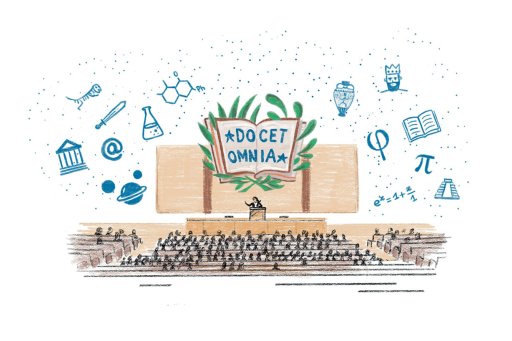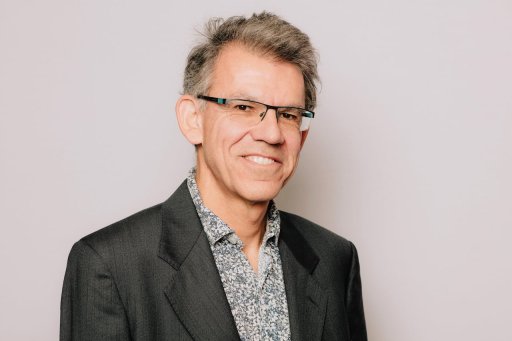Françoise Combes, Professor at the Collège de France, holder of the Galaxies and Cosmology Chair, member of the Observatoire de Paris, is the 2020 recipient of the CNRS Gold Medal, one of France's highest and most prestigious scientific honors. Françoise Combes has been a professor at the Collège de France since 2014, and Vice-President of the Collège de France Assembly since September 2019.
Prof. Thomas Römer, Administrator of the Collège de France, was delighted with the announcement: "Following in the footsteps of our colleagues Alain Connes, Serge Haroche, Philippe Descola, Gérard Berry and Claire Voisin, the award of the 2020 CNRS Gold Medal to Françoise Combes consecrates an exceptional scientific career, which is a credit to the Collège de France and to the excellence of French research."










